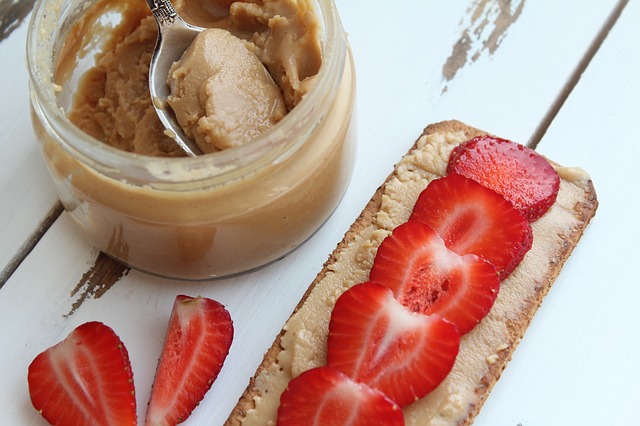
Get Excited about Snacking

Meals are most important but snacking has its place too!
And it’s right in between! Snacking helps regulate blood sugar, which is important for people who need to stay steady throughout the day. When blood sugar drops low, we feel light-headed, hungry and stressed out- this is the classic formula known as “hangriness.” This drives us to crave something quick and satiating- say a chocolate bar. Which then does the opposite, spikes blood sugar levels, causing the body to produce more insulin, uptaking the glucose faster and leaving you low again. Snacks can help us stay balanced.
An equation for healthy snacking
- 150-200 calories
- Blend of carbs, protein and healthy fats
- Nutrient density
- Leave out processed fats and sugars
Some snack-y ideas that fit the formula:
- Apple and peanut butter
- Granola and yogurt
- Lunch meat and low-fat cheese
- Quinoa
- Hard boiled egg and hummus
- Certain nutrition bars
In a very basic scenario, you could split the difference between breakfast, lunch and dinner; i.e.: breakfast at 8, first snack at 10, lunch between 12-1, second snack at 3 and dinner at 6. But every schedule is different and a snacking schedule is rarely rigid. The important thing is to stay in touch with your body- know the warning signs of blood sugar dropping and hasten to eat something healthy before you cave into your sweet tooth’s tastiest desires. When done right, snacking can be fun and keep you sane!
